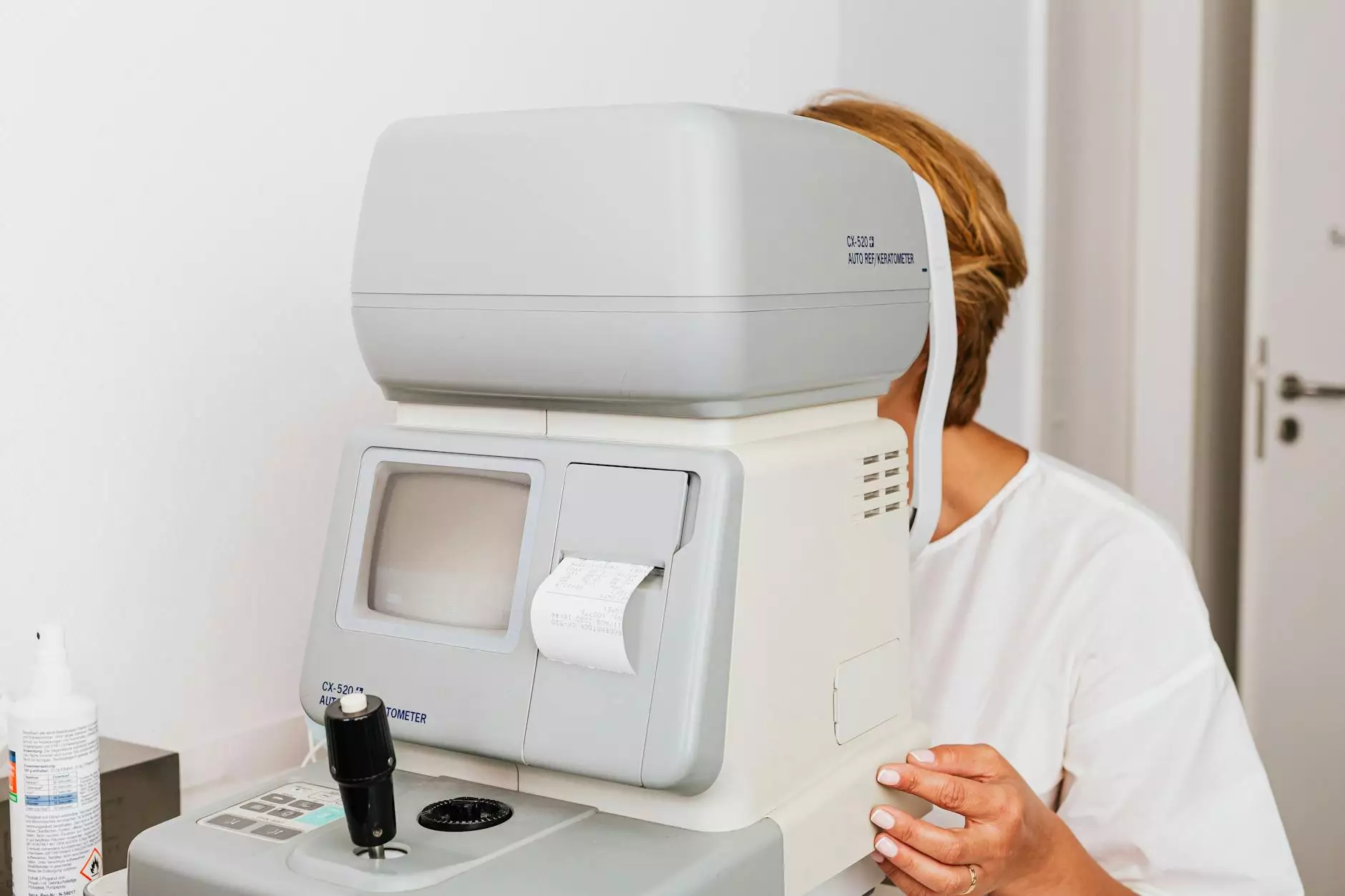Risk of Ovarian Cancer after Oophorectomy

Introduction
Oophorectomy is a surgical procedure that involves the removal of one or both ovaries. This procedure is often performed to treat various gynecological conditions or as a preventive measure for individuals with a high risk of developing ovarian cancer. In this article, we will explore the potential risk of ovarian cancer after undergoing oophorectomy, discuss the contributing factors, and highlight the preventive measures recommended by experts in the field.
Understanding the Risk
Research has shown that undergoing oophorectomy can significantly reduce the risk of developing ovarian cancer, particularly among individuals with a genetic predisposition or a family history of the disease. However, it is important to note that there is still a residual risk involved, even after the removal of the ovaries.
A study published in the New England Journal of Medicine found that oophorectomy was associated with a 77% reduction in the risk of ovarian cancer. Nonetheless, it is crucial to understand that this risk reduction is not absolute, and there are still factors that can contribute to the development of ovarian cancer even after the procedure.
Factors Influencing the Risk
Several factors can influence the risk of developing ovarian cancer after oophorectomy. Let's delve into some of the key elements:
BRCA1 and BRCA2 Mutations
Individuals with BRCA1 or BRCA2 mutations have a significantly higher risk of developing ovarian cancer. Oophorectomy can reduce this risk, but it does not eliminate it entirely. These mutations are known to play a crucial role in the development of ovarian cancer, and other preventive measures may be recommended for individuals with these gene mutations.
Age at the Time of Oophorectomy
The age at which oophorectomy is performed can impact the residual risk of developing ovarian cancer. Studies have shown that individuals who undergo the procedure before reaching menopause experience a greater risk reduction compared to those who have the surgery after menopause. This suggests that timing is an important factor to consider when assessing the risk associated with oophorectomy.
Hormone Replacement Therapy (HRT)
For individuals who undergo oophorectomy before natural menopause, hormone replacement therapy (HRT) may be recommended. HRT helps in managing the symptoms of surgical menopause and can have an impact on the risk of certain types of cancer, including breast cancer. However, the relationship between HRT and ovarian cancer is still being studied, and healthcare providers will assess the benefits and risks for each individual case.
Preventive Measures
While oophorectomy significantly reduces the risk of ovarian cancer, it is important to consider additional preventive measures to further minimize the residual risk. Here are some recommendations:
Regular Cancer Screenings
Regular screenings, such as transvaginal ultrasound and CA-125 blood tests, can help detect any changes or indicators of ovarian cancer. These screenings are especially important for individuals at high risk due to genetic factors or a family history of ovarian cancer.
Lifestyle Modifications
Adopting a healthy lifestyle can contribute to overall well-being and potentially reduce the risk of developing ovarian cancer. A balanced diet rich in fruits and vegetables, regular physical exercise, maintaining a healthy weight, and avoiding tobacco products are all recommended preventive measures for various types of cancer, including ovarian cancer.
Genetic Counseling
Genetic counseling can provide individuals and families with valuable insights into their genetic predisposition for ovarian cancer. This information can help guide medical decisions, including the consideration of oophorectomy as a preventive measure and the implementation of personalized risk reduction strategies.
Education and Awareness
Spreading awareness and educating individuals about the risk factors, symptoms, and preventive measures of ovarian cancer is crucial. By enhancing public knowledge, we can encourage early detection, advocate for necessary medical interventions, and ultimately reduce the impact of this disease.
Conclusion
Oophorectomy is a significant surgical procedure that can greatly reduce the risk of developing ovarian cancer in high-risk individuals. However, it is important to understand that residual risk still remains. By considering additional preventive measures, such as regular screenings, adopting a healthy lifestyle, seeking genetic counseling, and raising awareness, we can further mitigate the risk and promote better outcomes for patients. Consult with a trusted obstetrician or gynecologist for personalized advice.
For more information on ovarian cancer, oophorectomy, and other women's health topics, visit DrSeckin.com for expert guidance from our team of experienced doctors in the field of obstetrics and gynecology.
risk of ovarian cancer after oophorectomy








